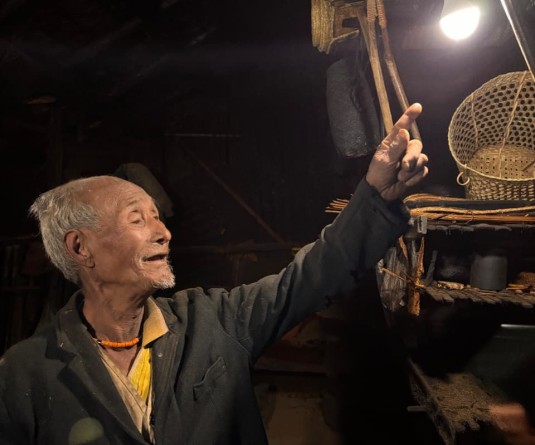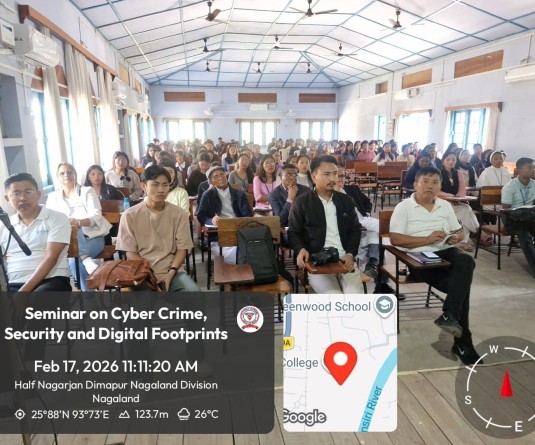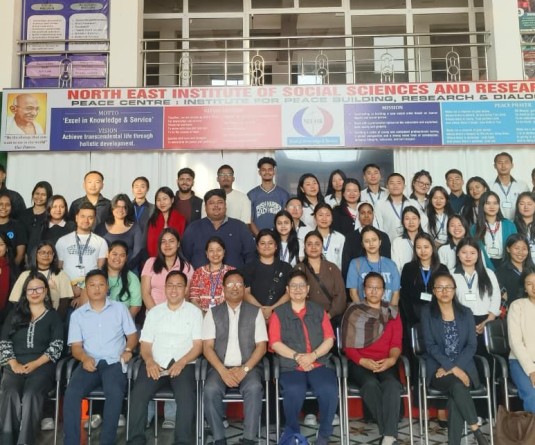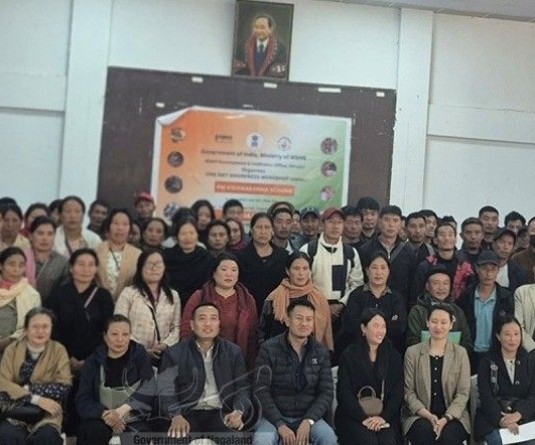
Dimapur, April 24 (MExN): The Global Naga Forum (GNF), in a written statement to the United Nations Permanent Forum on Indigenous Issues (UNPFII), has called for addressing specific challenges faced by the indigenous Naga people residing in North-East India and northwest Myanmar.
The submission presented at the ongoing 23rd Session of the UNPFII on April 19 focused on Agenda Item 4, which addresses economic and social development, culture, environment, education, health, and human rights, in connection with the UN Declaration on the Rights of Indigenous Peoples (UNDRIP) and the 2030 Agenda for Sustainable Development.
As per the GNF, the specific challenges faced by the Nagas included the “persistent militarisation, perpetuated by draconian laws such as the Armed Forces Special Powers Act (AFSPA),” resulting not only in human rights violations but hindering socio-economic development.
It also highlighted the recent decision by the Indian government to scrap the Free Movement Regime (FMR) agreement with Myanmar and erect a border fence.
The decision, the Forum stated, poses “grave threats to the cultural and social fabric of Naga communities” and not only separates Naga villages but also “disrupts traditional cross-border interactions essential for cultural exchange and economic activities.”
It also highlighted the reported “forced conscription of Naga youth by the Myanmar military junta” exacerbating the vulnerability of indigenous families, particularly women and children, and undermining the right to education and human dignity.
The GNF also cited the ‘Oting massacre’ in December 2021, which remains unresolved despite “clear culpability established by the Naga Police’s own investigations.”
“The Union Defence Minister of India’s refusal to pursue justice represents yet another denial of justice and perpetuates a culture of impunity,” it maintained.
In the light of those challenges, the GNF urged the UNPFII to ensure “protection of indigenous rights, including the right to self-determination, cultural preservation, and environmental stewardship,” in alignment UNDRIP and the 2030 Agenda.
It also called for urgently addressing the militarisation of the Naga homeland and advocating for the repeal of AFSPA.
The GNF also called upon the Indian and Myanmar governments to respect the rights of indigenous peoples, including the right to maintain and develop contacts, relations, and cooperation across borders, as enshrined in Article 36 of UNDRIP.
It called for supporting initiatives aimed at addressing the root causes of conflict and promoting inclusive peace processes for the resolution of longstanding political disputes, such as the Indo-Naga issue, through dialogue and negotiation.
The GNF further appealed the UNPFII for facilitating meaningful consultations with indigenous communities, including Naga representatives, in the formulation and implementation of policies and programs related to economic and social development, education, health, and human rights.
It also conveyed its assurance to collaborate with the Permanent Forum and other relevant stakeholders in advancing the rights and well-being of the indigenous Naga people.
“We urge collective action to address the multifaceted challenges faced by indigenous communities and ensure their meaningful participation in shaping a sustainable and equitable future,” the GNF added.






